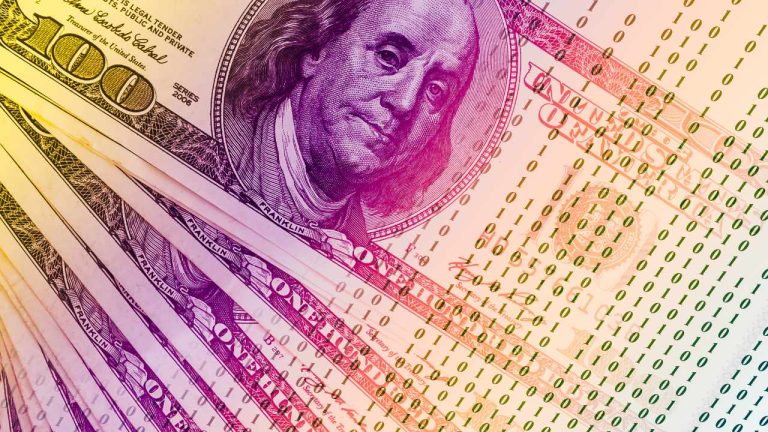US Lawmakers Introduce Bill to Halt Federal Reserve’s Digital Dollar Testing, Citing Concerns for American Liberties

U.S. lawmakers have introduced a bill to prohibit the Federal Reserve from “establishing, carrying out, or approving a program intended to test the practicability of issuing” a central bank digital currency (CBDC). “CBDCs would threaten the liberties of law-abiding Americans and are being used by authoritarian countries right now to crack down on dissent,” said Congressman Alex Mooney.
Digital Dollar Pilot Prevention Act
U.S. Congressman Alex Mooney (R-WV) announced last week that he has introduced the Digital Dollar Pilot Prevention Act (H.R. 3712) “to close the Federal Reserve’s central bank digital currency (CBDC) pilot program loophole.” The lawmaker clarified:
Specifically, this bill would prohibit the Federal Reserve from establishing, carrying out, or approving a program intended to test the practicability of issuing a CBDC.
The bill is co-sponsored by 14 House Republicans: Pete Sessions, Bill Posey, Ralph Norman, Byron Donalds, John Rose, Andy Ogles, Jeff Duncan, Greg Steube, Randy Weber, Glenn Grothman, Ronny Jackson, Victoria Spartz, Harriet Hageman, and Bob Good.
“Congress cannot give an inch when it comes to CBDCs,” Rep. Mooney stressed, emphasizing:
CBDCs would threaten the liberties of law-abiding Americans and are being used by authoritarian countries right now to crack down on dissent.
“That’s why closing this pilot program loophole is so important — to prevent the Federal Reserve from bypassing the will of Congress,” he noted.
Multiple people have warned that central bank digital currencies pose major privacy and government surveillance concerns. “The Federal Reserve caught attention late last year for its CBDC pilot projects, even contracting with the private sector to build potential CBDCs for the United States which went beyond traditional research,” the congressman noted.
Several CBDC-related bills have been launched in Congress, including U.S. Senator Ted Cruz’s “No Digital Dollar Act” and Congressman Tom Emmer’s “CBDC Anti-Surveillance State Act.” A number of states have also pushed against the Fed launching a digital dollar. For example, Florida Governor Ron DeSantis signed legislation in March that bans the use of a CBDC in his state.
However, Federal Reserve Chairman Jerome Powell revealed in March that the Fed is not “at the stage of making any real decisions,” noting that the central bank is “experimenting in kind of early-stage experimentation.”
What do you think about the Digital Dollar Pilot Prevention Act? Let us know in the comments section below.
from Bitcoin News https://ift.tt/yRZ3PUQ
Comments
Post a Comment